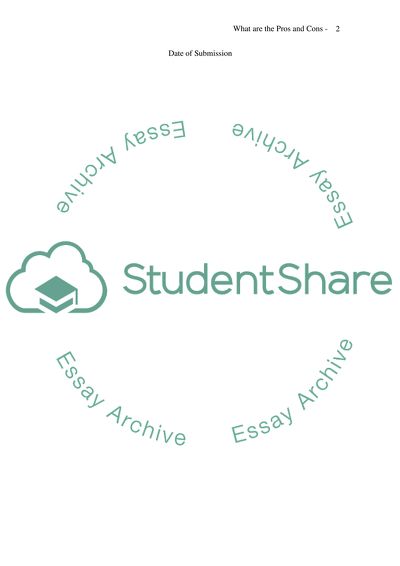Cite this document
(Pros and Cons of the Semi-Sovereign Democracy in the Germany Literature review, n.d.)
Pros and Cons of the Semi-Sovereign Democracy in the Germany Literature review. Retrieved from https://studentshare.org/politics/1766964-what-are-the-pros-and-cons-of-the-semi-sovereign-democracy-in-the-federal-republic-of-germany
Pros and Cons of the Semi-Sovereign Democracy in the Germany Literature review. Retrieved from https://studentshare.org/politics/1766964-what-are-the-pros-and-cons-of-the-semi-sovereign-democracy-in-the-federal-republic-of-germany
(Pros and Cons of the Semi-Sovereign Democracy in the Germany Literature Review)
Pros and Cons of the Semi-Sovereign Democracy in the Germany Literature Review. https://studentshare.org/politics/1766964-what-are-the-pros-and-cons-of-the-semi-sovereign-democracy-in-the-federal-republic-of-germany.
Pros and Cons of the Semi-Sovereign Democracy in the Germany Literature Review. https://studentshare.org/politics/1766964-what-are-the-pros-and-cons-of-the-semi-sovereign-democracy-in-the-federal-republic-of-germany.
“Pros and Cons of the Semi-Sovereign Democracy in the Germany Literature Review”, n.d. https://studentshare.org/politics/1766964-what-are-the-pros-and-cons-of-the-semi-sovereign-democracy-in-the-federal-republic-of-germany.


